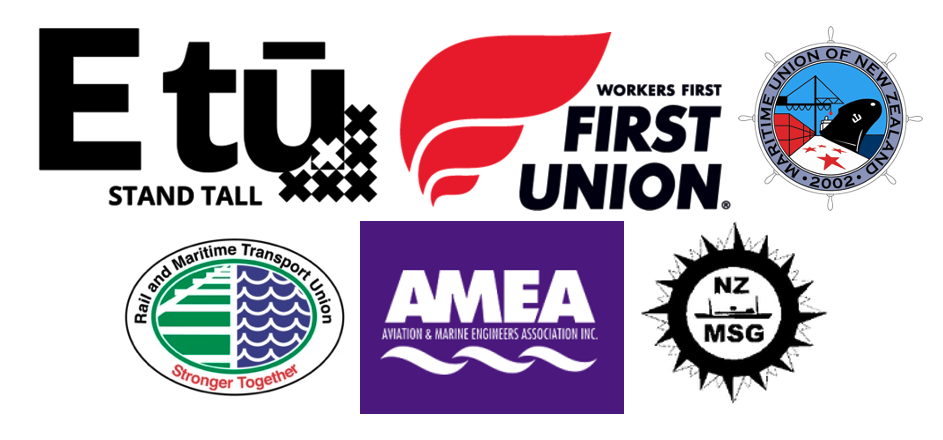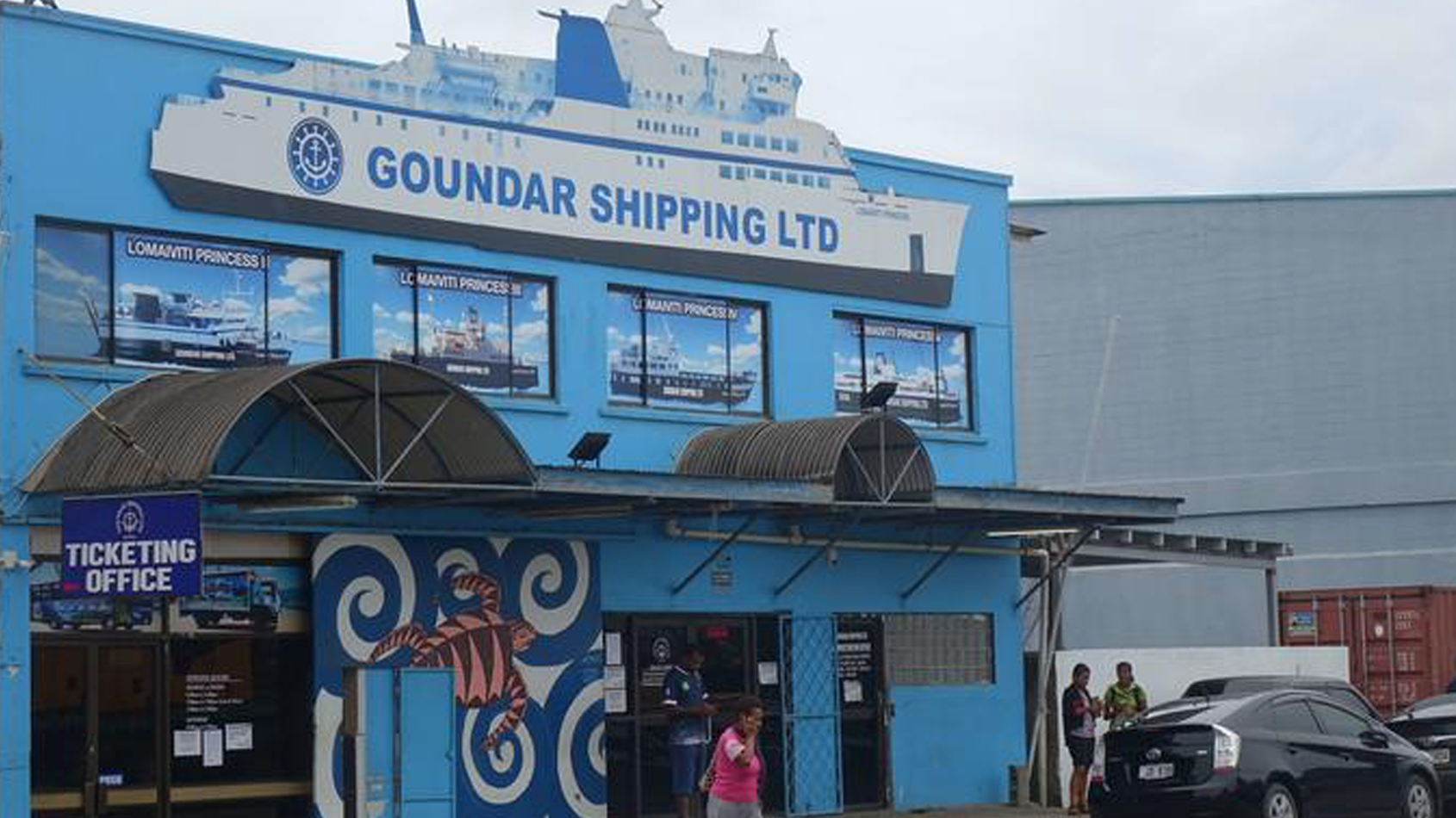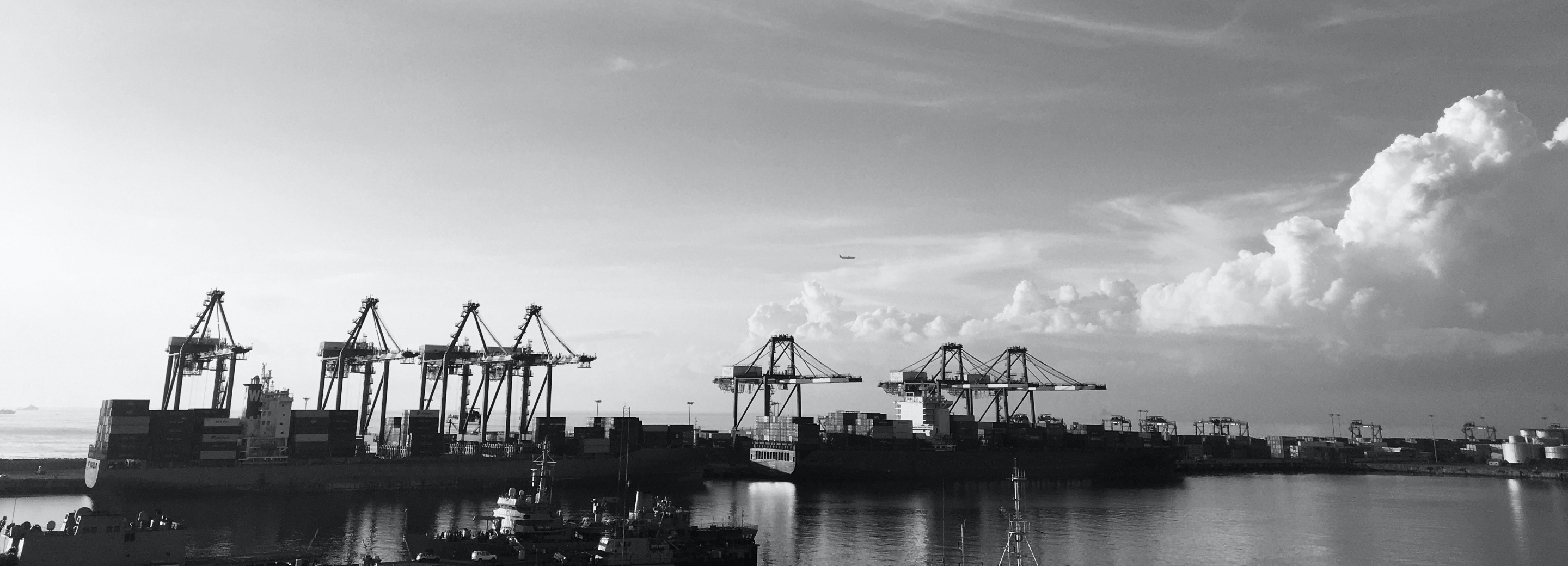
New Zealand transport workers’ unions are calling on their government to put Fiji on notice after Police launched an investigation into the potential human trafficking of dozens of Filipino seafarers in the country's shipping industry.
- 20 Filipino seafarers were recruited by Goundar Shipping to operate its ferries in Fiji;
- Goundar promised seafarers wages of US$1000/mth but paid them much less on arrival;
- The company refuses to pay more than AU$250,000 owed to seafarers in unpaid wages;
- Seven of the seafarers remain abandoned in Suva without support networks, permanent housing or income.
“Investigations by unions have uncovered allegations of widespread abuse, underpayment, unsafe conditions, and even of human trafficking and slavery, in New Zealand’s own backyard,” said Paul Tolich, chair of the ITF New Zealand National Coordinating Committee.

“Dozens of Filipino seafarers were convinced to come to our region and work on Fiji’s biggest ferry fleet on the promise of fair wages and conditions. But failure by the Fiji Government to enforce these seafarers’ employment contracts, and guarantee their basic workers’ and human rights, has meant that these seafarers have been trapped working against their will in Fiji for years,” he said.
Fijian labour, immigration and law enforcement officials did not respond to seafarers’ complaints against Goundar Shipping for more than three months, only responding after media attention was brought to their case by the ITF in February.
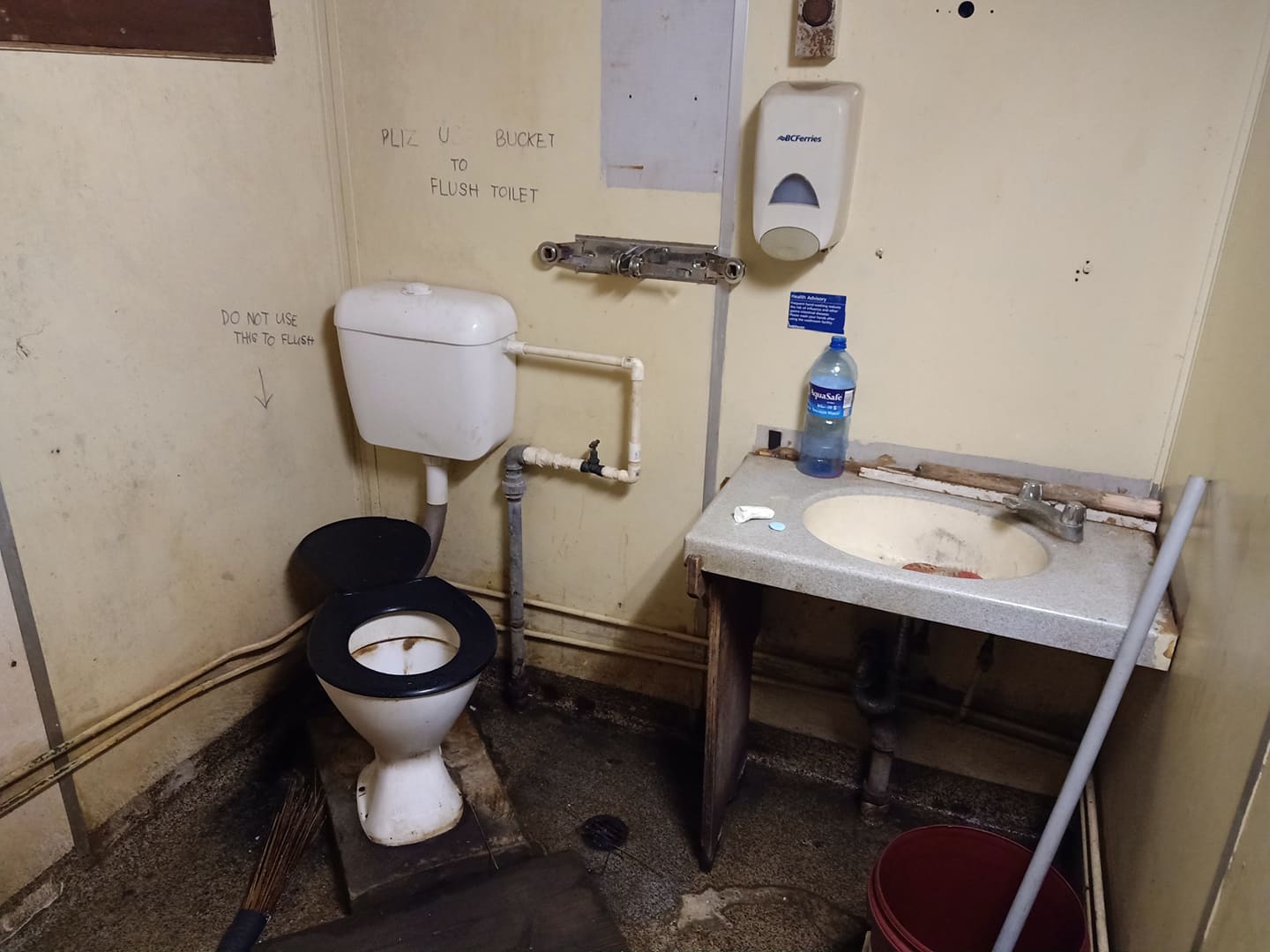
Mr Tolich said that New Zealand unions welcomed news that a Police investigation has finally been launched, but that fears of a potential whitewash remain once the seafarers leave the country back to the Philippines.
“I am writing on behalf of our affiliates to the New Zealand ministers of Foreign Affairs and Workplace Relations, urging them to raise the seafarers’ case immediately with their counterparts in Suva. Fiji needs to know that, as New Zealanders, we expect a thorough investigation of the abuse that these workers suffered, and any offending employers fully prosecuted.”
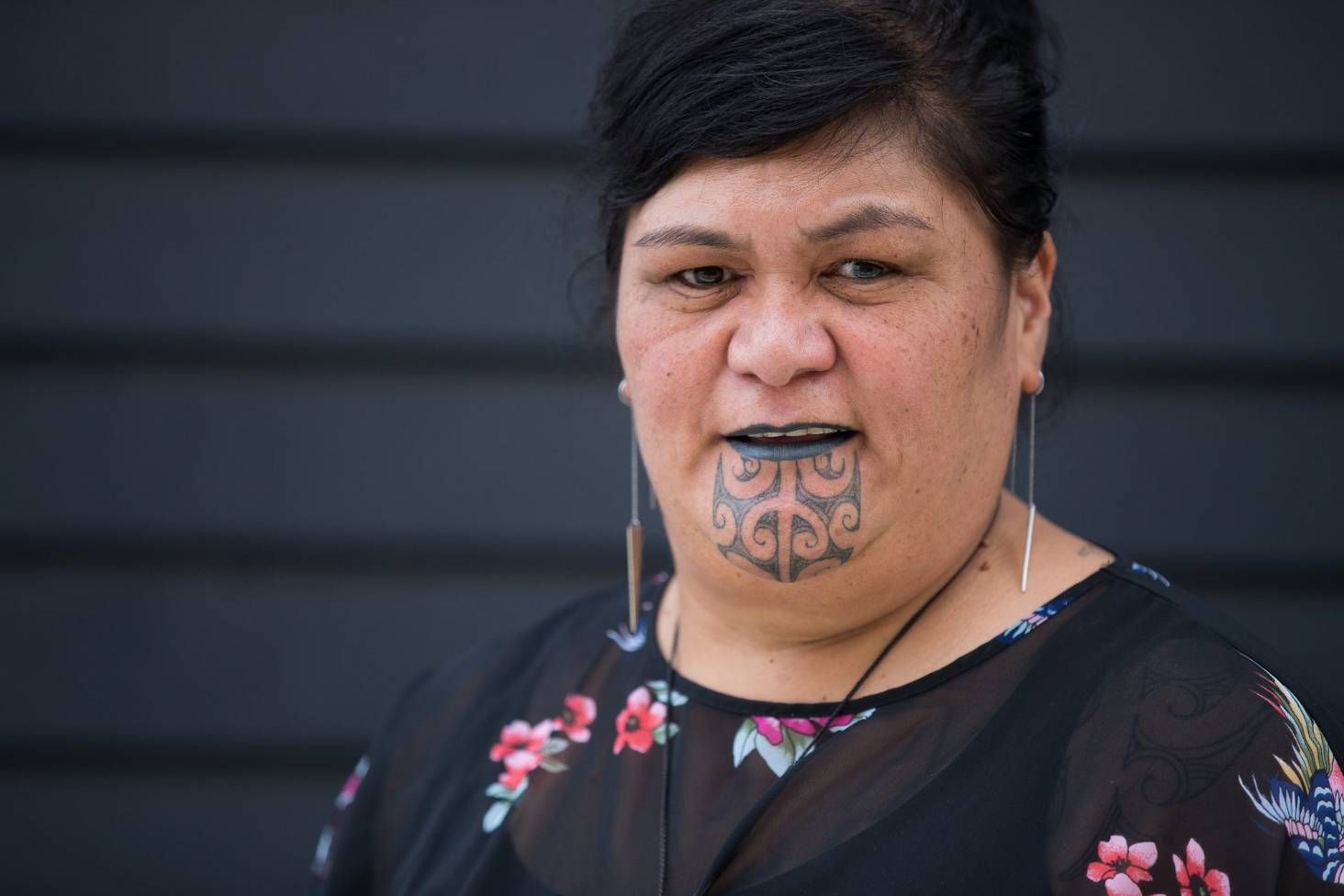
“We want a commitment from Fiji to make changes, including legislative change and proper enforcement, so this doesn’t happen again to other workers. The New Zealand Government should offer to help with that, if that’s what’s required. We can’t have migrant workers being exploited and trafficked in our region,” he said.

Tolich said that under current Fijian laws migrant workers do not have the same protections as Fijian citizens, making it difficult for them to speak out when abuse does occur.
Goundar Shipping fired three of the seafarers in December when the company found out that they had spoken to local union representatives about their rights. The seafarers were dumped at a remote port and had to spend the night sleeping on a dock before making their journey back to Suva. Under the country’s current laws, the firing was likely legal.
“We support calls by Fijian unions for greater recognition by the Fiji Government so they can better stand up for migrant and local workers. When there are problems of underpayments and abuse, stronger unions are the best way to support workers to speak up without fear. Joining and forming unions is a fundamental human right,” said Tolich.
Tolich noted that Fiji recently won election to the presidency of the United Nations Human Rights Council pledging to stand up for human rights.
“It’s time to show that leadership at home,” he said.
Facts of the case:
- More than 20 seafarers were recruited by Goundar Shipping Limited from the Philippines to operate Fiji’s biggest ferry fleet
- The workers signed agreements showing Goundar Shipping promised to pay them US$1000 per month, but when some of them arrived in Fiji, company put them on much lower wages
- The company immediately reneged on its contractual and legal obligation to repatriate the seafarers – offering them flights home only after they signed contracts to work for a year
- Workers were expected to pay for their own personal protective equipment (PPE) on the rusty ships, and seafarers claim their pay was docked to pay for basic items like toiletries
- The company further cut the workers’ pay by 50% when it claimed Covid reduced its earnings
- The company undercounted the workers’ hours – in many cases paying them for only 7 of the 90+ hours the seafarers were actually working every week
- Preliminary calculations by the ITF estimate that Goundar Shipping owes the seafarers collectively more than AU$250,000 in unpaid wages
- Messages show Goundar staff told workers to handover passports or they would not be paid
- Only after the ITF’s investigation was made public, did the company buy flights to get home 9 of the 20 of the seafarers
- Unions were worried this may have prevented workers testifying about their abuse
- But the Fiji Immigration Department quickly organised interviews. The Department recognised the seafarers with ‘Victim Status’, prohibiting Goundar representatives from contacting them in future
- The Philippines government funded the seafarers’ quarantine costs, and a charity paid for their Covid-19 PCR tests (both of which are Goundar’s responsibility)
- The 9 seafarers arrived in Manilla this week
- 7 seafarers remain abandoned in Suva, Fiji, without support networks, permanent housing or incomes:
- 4 of these seafarers quit after Goundar staff demanded they hand over their passports
- 3 of these seafarers were fired after Goundar after they spoke with unions
- At the weekend CNN reported that the Philippines Department of Foreign Affairs shifted welfare support for seafarers from their Suva consul to the country’s Embassy in Wellington, New Zealand, which has a labour attaché.
MEDIA CONTACT
Background and information requests
media[at]itf.org.uk
Interviews
Paul Tolich | paul.tolich[at]etu.nz | +64 27 593 5595
Paul is chair of the National Coordinating Committee of the ITF in New Zealand. He is also Senior National Industrial Officer for E Tū, an ITF-affiliated union. He is available for interviews
Affected seafarers
A number of seafarers affected by this case are available for interviews, providing media agree to anonymise their identities to protect them and their families. Interviews by request via: media[at]itf.org.uk
ABOUT THE ITF
The International Transport Workers’ Federation (ITF) is an a democratic, affiliate-led global union federation recognised as the world’s leading transport authority. The ITF is the voice for nearly 20 million women and men working in transport industries across the world, including tens of thousands of New Zealand transport workers.
The ITF-affiliated unions in New Zealand are:
- Aviation and Marine Engineers’ Association (AMEA)
- E Tū
- FIRST Union
- Maritime Union of New Zealand (MUNZ)
- Merchant Service Guild Industrial Union of Workers (MSG)
- Rail and Maritime Transport Union (RMTU)
